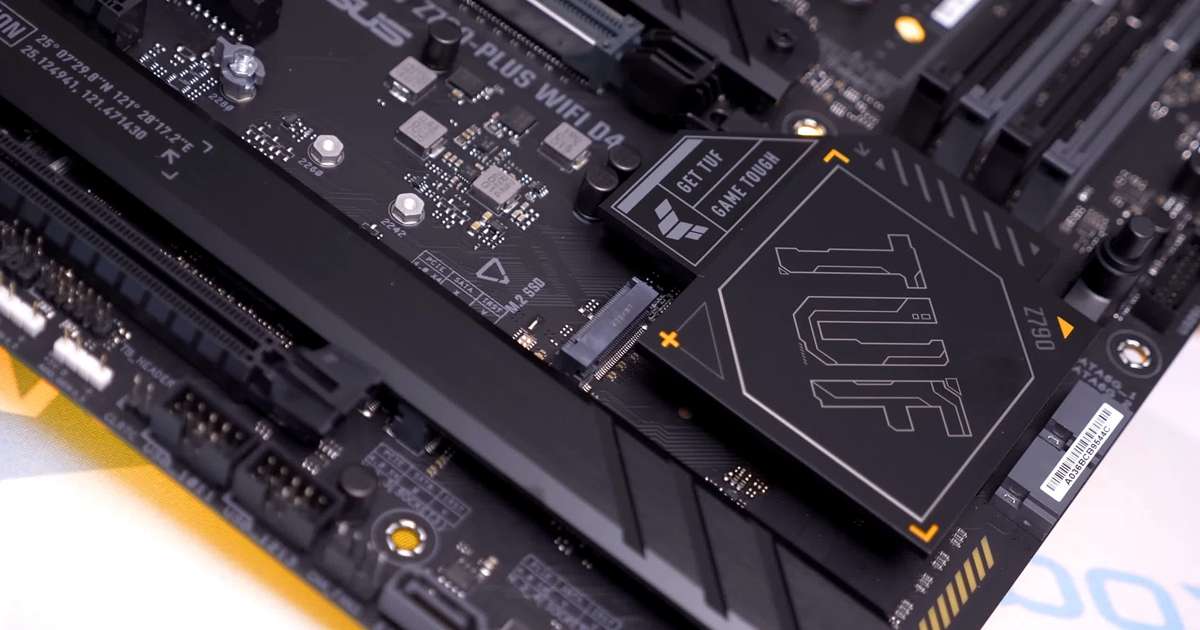Intel Addresses Stability Issues with 13th and 14th Generation Raptor Lake Processors
Users of Intel’s latest 13th generation Raptor Lake or 14th generation Raptor Lake Refresh processors have been facing stability issues, and now Intel has addressed the concerns. The chip giant has acknowledged the problems and provided an explanation for the issues.
Intel stated that while the root cause has not been determined, there is a pattern in the stability issues. The company noted that the problems mainly affect unlockable, overclockable systems where manufacturers have disabled certain protection mechanisms to increase frequency. This includes turning off settings such as current surge protection, thermal throttling enhancement limits, C-state disabling, and increasing power limits beyond recommended specifications.
In order to address the situation, Intel is urging system manufacturers to implement default BIOS profiles that align with the company’s official recommendations. It is also recommending that motherboard manufacturers display warnings when users attempt to enable features that could lead to system instability.
While Intel continues to investigate the root cause of the stability issues, it plans to release official BIOS setting recommendations in May to help mitigate the problems. In the meantime, some motherboard manufacturers have started rolling out BIOS updates to reduce extreme power profiles and limitations.
ASUS has introduced a new BIOS version with an “Intel Base Profile” to control voltage and power thresholds, while Gigabyte released beta BIOS builds aimed at improving stability by disabling high-power defaults. MSI has provided a guide for users to manually reset power consumption and current limits back to Intel’s recommended defaults.
Even Nvidia has joined the effort, mentioning in its latest GeForce driver release notes that users with 13th or 14th generation Intel chips can refer to troubleshooting resources for assistance with crashes and instability issues.
Overall, Intel and its partners are working towards resolving the stability issues with the latest Raptor Lake processors. While users may need to make some performance tradeoffs in the meantime, help is on the way to address the problems.
